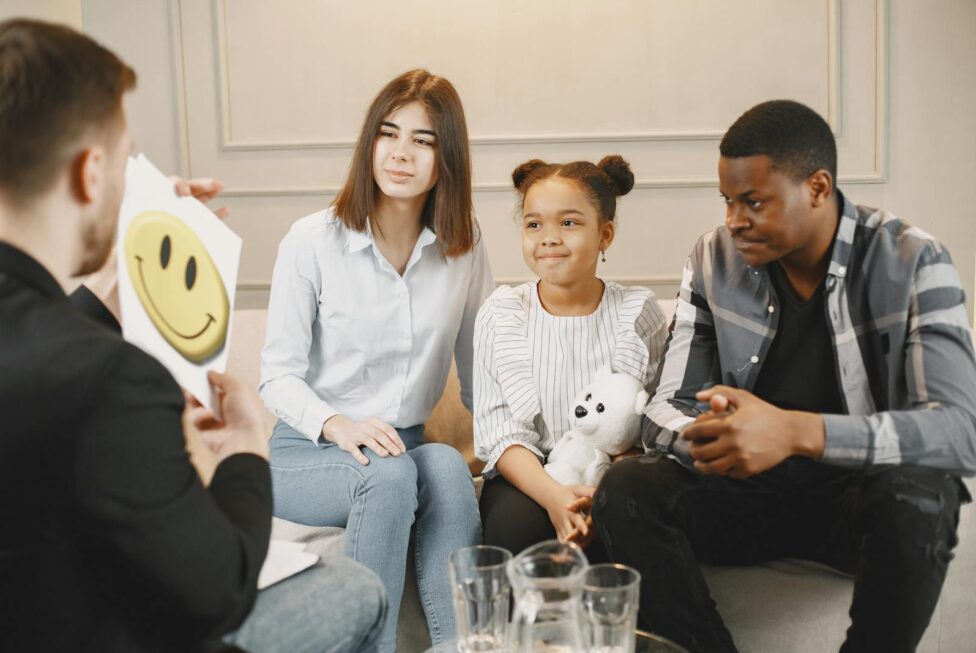Children experience a wide range of emotions and challenges as they navigate the complexities of growing up. From academic pressures to social interactions and family dynamics, the demands placed on children can sometimes lead to emotional distress and mental health difficulties. In recent years, there has been increasing recognition of the importance of addressing children’s mental health concerns early on, and kids therapy has emerged as a valuable resource for providing support and intervention. In this article, we explore the benefits of kids’ therapy in promoting children’s mental health and well-being.
Kids therapy, also known as child therapy or play therapy, is a specialized form of psychotherapy tailored to meet the unique needs of children. Unlike traditional talk therapy, kids therapy utilizes age-appropriate techniques and modalities to engage children in the therapeutic process and help them express themselves more comfortably. Through play, creative activities, and structured interventions, children are encouraged to explore their thoughts, feelings, and experiences in a safe and supportive environment.
One of the primary benefits of kids therapy is its ability to help children develop emotional regulation skills. Many children struggle to manage their emotions effectively, leading to behaviours such as anger outbursts, anxiety, or withdrawal. Kids therapy provides children with tools and strategies for identifying and expressing their emotions in healthier ways. By learning to recognize and label their feelings, children can develop greater self-awareness and resilience in coping with life’s challenges.
Kids therapy also serves as a valuable outlet for children to process difficult experiences and traumas. Children may encounter various stressors, such as divorce, loss, or bullying, which can impact their emotional well-being. Through therapeutic interventions such as storytelling, art therapy, and role-playing, children can explore their experiences and make sense of their feelings in a supportive therapeutic setting. By providing a safe space for children to express themselves, kids therapy helps them develop coping skills and resilience in the face of adversity.
In addition to addressing specific concerns or challenges, kids therapy promotes overall social and emotional development in children. Therapeutic activities and interventions are designed to enhance children’s communication skills, empathy, and problem-solving abilities. By engaging in interactive games, role-playing scenarios, and collaborative activities, children learn important social skills such as cooperation, conflict resolution, and assertiveness. These skills not only contribute to better interpersonal relationships but also lay the foundation for healthy emotional development in adulthood.
Furthermore, kids’ therapy can be instrumental in improving academic performance and school success. Children who struggle with emotional or behavioural issues may face difficulties concentrating, completing tasks, or interacting with peers in a classroom setting. Through targeted interventions and support from a therapist, children can learn strategies for managing academic stressors, enhancing their organizational skills, and improving their self-confidence. By addressing underlying emotional concerns, kids therapy helps children thrive academically and reach their full potential in school.
Another key benefit of kids therapy is its focus on strengthening parent-child relationships and family dynamics. Children’s mental health is closely intertwined with their family environment, and issues within the family can contribute to or exacerbate children’s emotional difficulties. Kids therapy provides an opportunity for parents and caregivers to work collaboratively with the therapist to address family dynamics, communication patterns, and parenting strategies. Through family therapy sessions, parents can gain insights into their child’s experiences and learn effective ways to support their child’s emotional well-being.
In conclusion, kids’ therapy plays a crucial role in supporting children’s mental health and promoting their overall well-being. By providing children with a safe and supportive space to explore their emotions, process difficult experiences, and develop coping skills, kids therapy empowers children to navigate life’s challenges more effectively. Through targeted interventions and collaborative efforts with parents and caregivers, kids therapy helps build stronger family relationships and sets children on a path towards a healthier and happier future. As awareness of children’s mental health continues to grow, investing in kids’ therapy is an investment in the well-being of our future generations.



